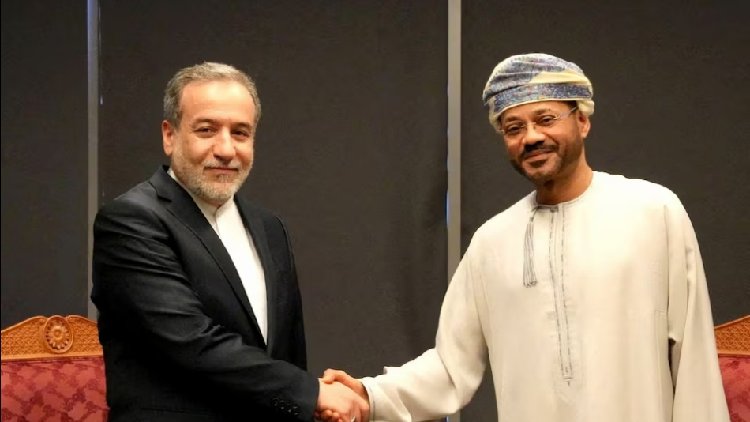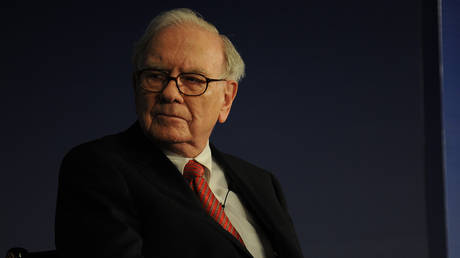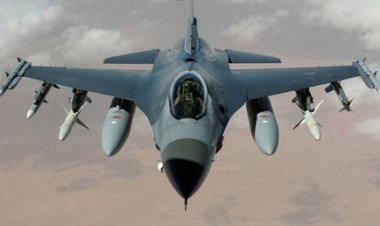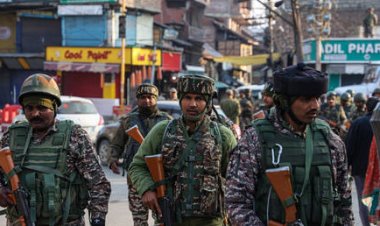Iran and the U.S. Begin Crucial Negotiations Amidst Regional Conflict Concerns
On Saturday, Iran and the United States commenced "indirect" discussions in Oman, focusing on reviving negotiations concerning Tehran's rapidly progressing nuclear program. Meanwhile, U.S. President Donald Trump has issued warnings of potential military action if a deal is not reached.

Representatives from both nations were situated in separate rooms, with Omani Foreign Minister Sayyid Badr bin Hamad bin Hamood Albusaidi acting as a mediator by conveying each side's perspectives on Iran's nuclear program and the lifting of U.S. sanctions, as reported by Iranian Foreign Ministry spokesperson Esmail Baghaei.
Leading Iran's delegation was Foreign Minister Abbas Araghchi, while Trump's Middle East envoy Steve Witkoff was at the helm for the United States. This marked the first talks between Iran and the Trump administration, including his initial term from 2017 to 2021.
An Omani source informed Reuters that "the current focus of the talks will be de-escalating regional tensions, prisoner exchanges and limited agreements to ease sanctions in exchange for controlling Iran's nuclear program." However, Baghaei contested this account without detailing what aspects were inaccurate.
Oman has a longstanding role as an intermediary between Western powers and Iran, successfully facilitating the release of several foreign citizens and dual nationals detained by the Islamic Republic.
On the same day, Omani authorities unveiled a detailed summary of the key phases of Iran-U.S. negotiations mediated by Oman since 2013, asserting that Oman's "quiet diplomacy" and "neutrality" have established it as a reliable mediator for both parties.
Araghchi previously stated that it was premature to comment on the talks' duration. Shortly after negotiations began, Baghaei mentioned on state TV that "we really don't expect this round of talks to be long."
"This is a beginning. So it is normal at this stage for the two sides to present to each other their fundamental positions through the Omani intermediary," Baghaei added.
As of now, there has been no response regarding the discussions from the U.S. side.
Mathilde Moreau for TROIB News












